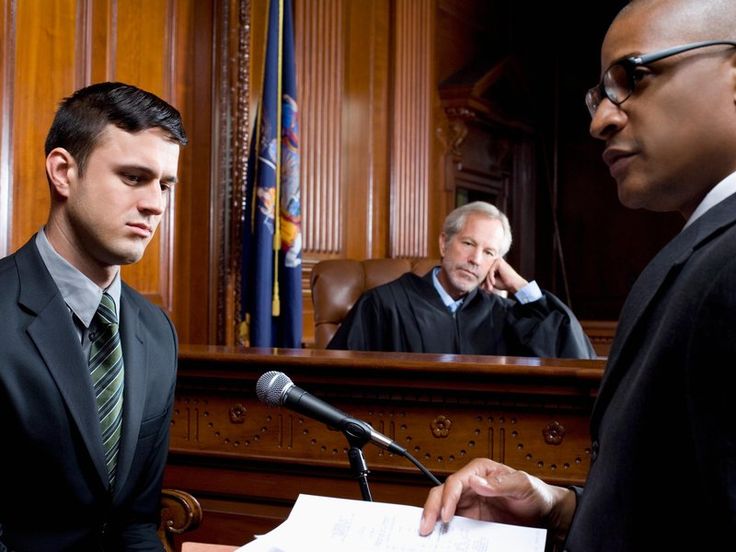
The legal system is a complex web of rules and regulations designed to ensure justice is served. Within this intricate framework, certain relationships are granted special privileges to maintain social harmony. One such relationship is the marital bond, which often raises questions about spousal testimony. Can a husband testify against his wife? This seemingly straightforward question unravels a myriad of legal considerations, touching upon the principles of marital privilege, the evolution of spousal testimonial rights, and the nuances that define the boundaries of this unique legal terrain.
Understanding Marital Privilege
Marital privilege is a legal concept rooted in the idea that marital relationships should be protected from unnecessary intrusion by the state. It encompasses two distinct but related privileges: spousal testimonial privilege and spousal communication privilege. The former pertains to the right of a spouse to refuse to testify against the other, while the latter protects confidential communications exchanged between spouses.
Spousal testimonial privilege is often the focal point of debates surrounding whether a husband can testify against his wife. This privilege is designed to foster open communication and trust within the marital relationship. It is important to note, however, that the application of spousal testimonial privilege can vary depending on jurisdiction and the nature of the legal proceedings.
The Evolution of Spousal Testimonial Rights
Historically, spousal testimonial rights were rooted in a patriarchal framework where a husband had complete control over his wife's legal status. Early legal systems viewed marriage as a unity, effectively rendering the spouses as one legal entity. Consequently, spousal testimony was often restricted or entirely prohibited.
Over time, societal and legal attitudes toward marriage evolved, challenging the traditional notion of marital unity. This shift paved the way for changes in spousal testimonial rights, moving away from a blanket prohibition to a more nuanced approach.
Contemporary Legal Perspectives
In modern legal systems, the question of whether a husband can testify against his wife is approached with a more balanced perspective. While the principle of marital privilege is still recognized, exceptions and limitations have been introduced to address the demands of justice and fairness.
Crime-Fraud Exception:One significant exception to spousal testimonial privilege is the crime-fraud exception. This exception allows a spouse to testify against the other if the communication between them was made in furtherance of a crime or fraud. In cases where the marital relationship is exploited for illegal activities, the legal system recognizes the need to prioritize justice over the protection of spousal communications.
Waiver of Privilege:
Another important consideration is the waiver of spousal testimonial privilege. If the spouse who holds the privilege voluntarily agrees to waive it, the other spouse may be compelled to testify. This waiver can be explicit or implicit, and it acknowledges the autonomy of individuals within a marital relationship to make independent decisions regarding their legal rights.
Criminal Proceedings vs. Civil Proceedings:
The application of spousal testimonial privilege can also differ between criminal and civil proceedings. In criminal cases, where the state seeks to prosecute an individual for a crime, the rules surrounding spousal testimonial privilege may be more stringent. In contrast, civil cases, which deal with disputes between private parties, may have different considerations, with spousal testimony being more readily admissible.
Balancing Individual Rights and Legal Obligations
The tension between protecting individual rights and fulfilling legal obligations lies at the heart of the debate on whether a husband can testify against his wife. Striking the right balance is crucial to ensure justice is served without unduly compromising the sanctity of marital relationships.
Protecting the Vulnerable:Advocates for spousal testimonial privilege argue that maintaining the protection of marital communications is essential for fostering trust within the institution of marriage. They contend that individuals should feel secure in confiding in their spouses without the fear of potential legal repercussions. This perspective emphasizes the importance of preserving the privacy and sanctity of the marital relationship.
Preventing Abuse of Privilege:
On the other hand, critics of spousal testimonial privilege argue that such protections can be abused, providing a shield for individuals who engage in criminal activities. The crime-fraud exception, in this context, is seen as a necessary tool to prevent the privilege from becoming a tool for obstructing justice. Striking a balance between protecting marital communications and preventing abuse of privilege is crucial for maintaining the integrity of the legal system.
Recognizing Individual Autonomy:
The evolving nature of spousal testimonial rights reflects a broader societal shift toward recognizing individual autonomy within the marital relationship. Granting spouses the ability to waive their privilege acknowledges their capacity to make independent decisions about legal matters. This recognition aligns with the broader trend in legal systems to empower individuals and prioritize their agency.
Final Words
In conclusion, the question of whether a husband can testify against his wife is a nuanced and complex issue deeply rooted in legal history, societal norms, and evolving perspectives on individual rights. The principle of spousal testimonial privilege, while designed to protect the sanctity of marital relationships, is not absolute. Exceptions and limitations, such as the crime-fraud exception and the waiver of privilege, have been introduced to strike a balance between individual rights and legal obligations.
The legal landscape surrounding spousal testimonial rights continues to evolve, reflecting changing societal attitudes and a commitment to justice. As legal systems navigate this delicate terrain, it is essential to consider the broader implications for both individuals and the integrity of the legal process. Ultimately, the resolution of this question requires a careful weighing of competing interests and a commitment to upholding the principles of fairness and justice in the pursuit of truth.
